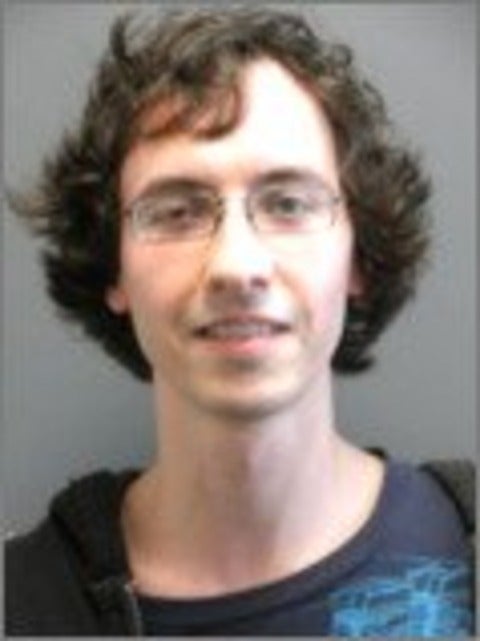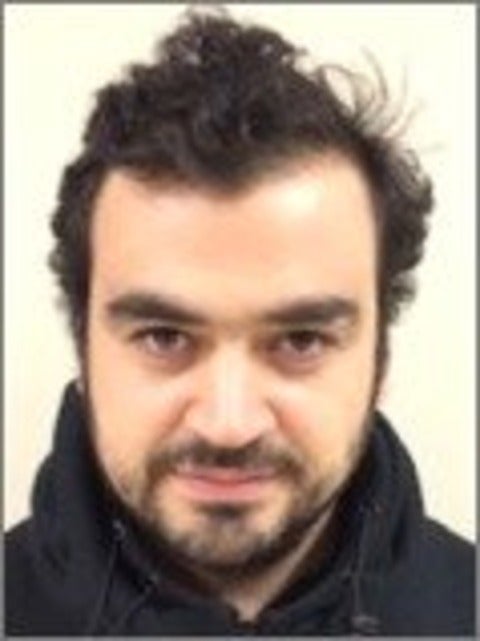Master's Defence
Impacts of relativity on localizability and vacuum entanglement
Master's Candidate: Maria Papageorgiou
Much of the structure of quantum field theory (QFT) is predicated on the principle of locality. Adherence to locality is pursuant to convictions deduced from relativity, and is achieved in QFT by the association of regions of spacetime with algebras of observables. Although, by construction, the observables of QFT are local objects, one may also consider characterizing the spatial or spacetime features of a state.


